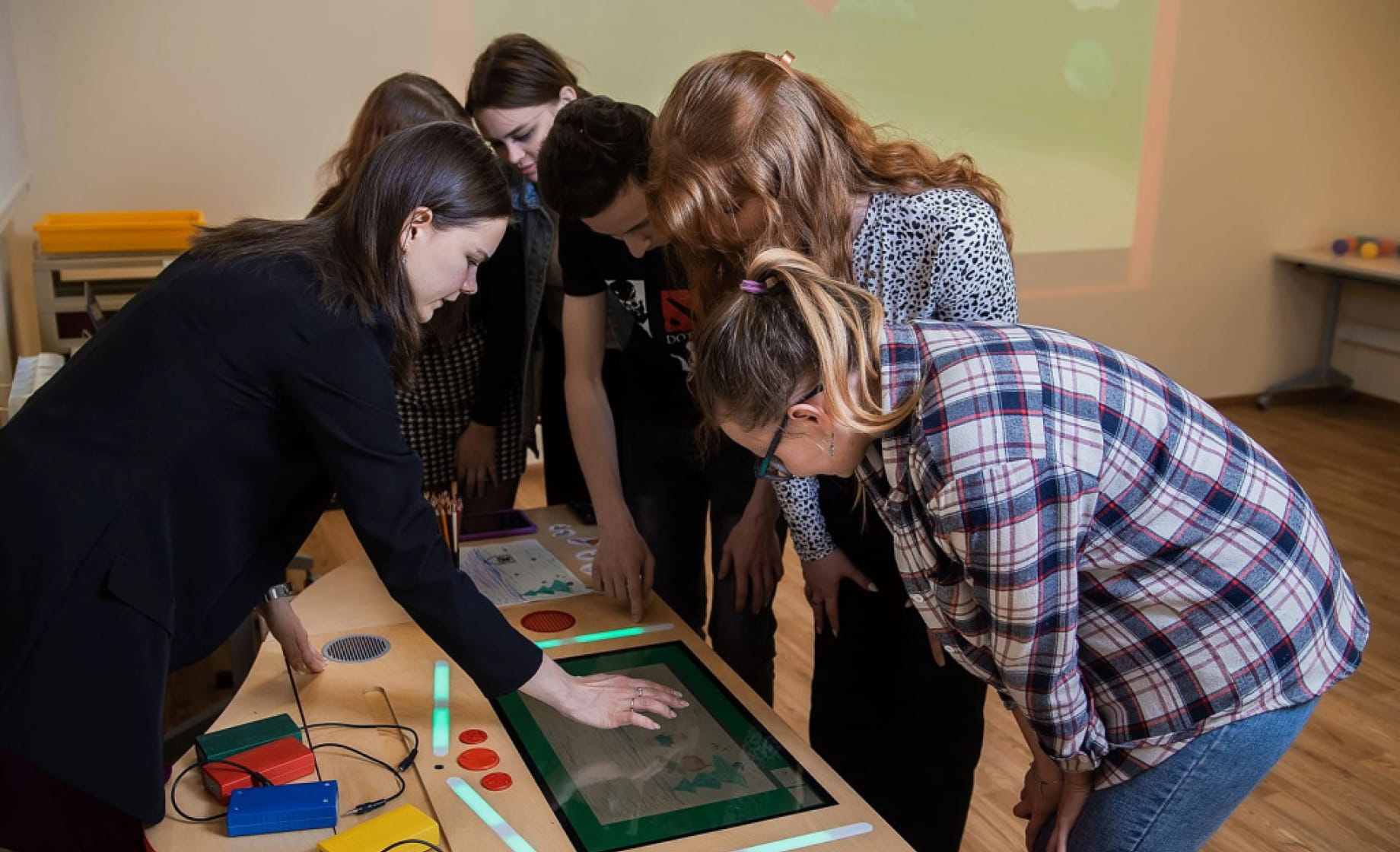Higher humanities education in Russia is recognized as one of the most high-quality and affordable in the world. The programs are known for their academic depth, practical orientation, and multilingual instruction — available in Russian, English, and French. Tuition remains affordable for most international applicants, ranging from $1,500 to $3,000 per year. Graduates of Russian humanities universities build successful careers in international organizations, government institutions, culture, education, communications, and analytical fields.

Structure of Humanities Education in Russia
In Russia, higher humanities education traditionally begins with a Bachelor’s degree. Students may then continue with a Master’s program, followed by PhD studies for those pursuing academic or teaching careers.
Option 1: Bachelor’s + Master’s + PhD
Humanities education in Russia is structured in several stages, allowing students to acquire fundamental knowledge and develop critical and analytical thinking skills.
- 1. Bachelor’s degree (4 years) — covers philosophy, history, cultural studies, sociology, foreign languages, communication theory, and related disciplines.
- 2. Master’s degree (2 years)) — offers in-depth specialization, participation in applied research, and preparation for analytical or academic careers.
- 3. PhD (3–4 years) — designed for those engaged in research and university-level teaching. It includes scientific work, thesis preparation, and defense.
This structure ensures comprehensive academic and practical training and gives graduates a competitive edge in the labor market.
Option 2: Specialist Degree + PhD
In certain fields, such as Law, humanities education is offered through a Specialist program (5 years), which integrates academic and practical components. The Specialist qualification is equivalent to a Master’s degree and allows for direct admission to PhD studies.
Then graduates can enroll in a PhD program and pursue their academic career.
Advantages of Humanities Education in Russia
- A wide range of disciplines — from international relations and linguistics to cultural studies and law.
- Affordable tuition — $1,500 to $3,000 per year, significantly lower than in Europe or the US.
- Modern educational infrastructure — multimedia laboratories, libraries, and resource centers.
- International recognition of degrees — graduates work in international companies, the UN, UNESCO, and diplomatic services.
- Highly qualified faculty — professors, researchers, and recognized experts.
- Multilingual instruction — programs available in Russian, English, or French.
- Strong career prospects — in education, analysis, media, public relations, culture, law, diplomacy, and international institutions.
Programs
Humanities
- Adaptive Physical Education
- Anthropology and Ethnology
- Applied Ethics
- Documentation and Archival Studies
- Fundamental and Applied Linguistics
- History
- Intelligent Systems in the Humanities
- Linguistics
- Philology
- Philosophy
- Physical Education
- Recreation and Wellness Tourism
- Recreation and Wellness Tourism
- Religious Studies
- Theology

